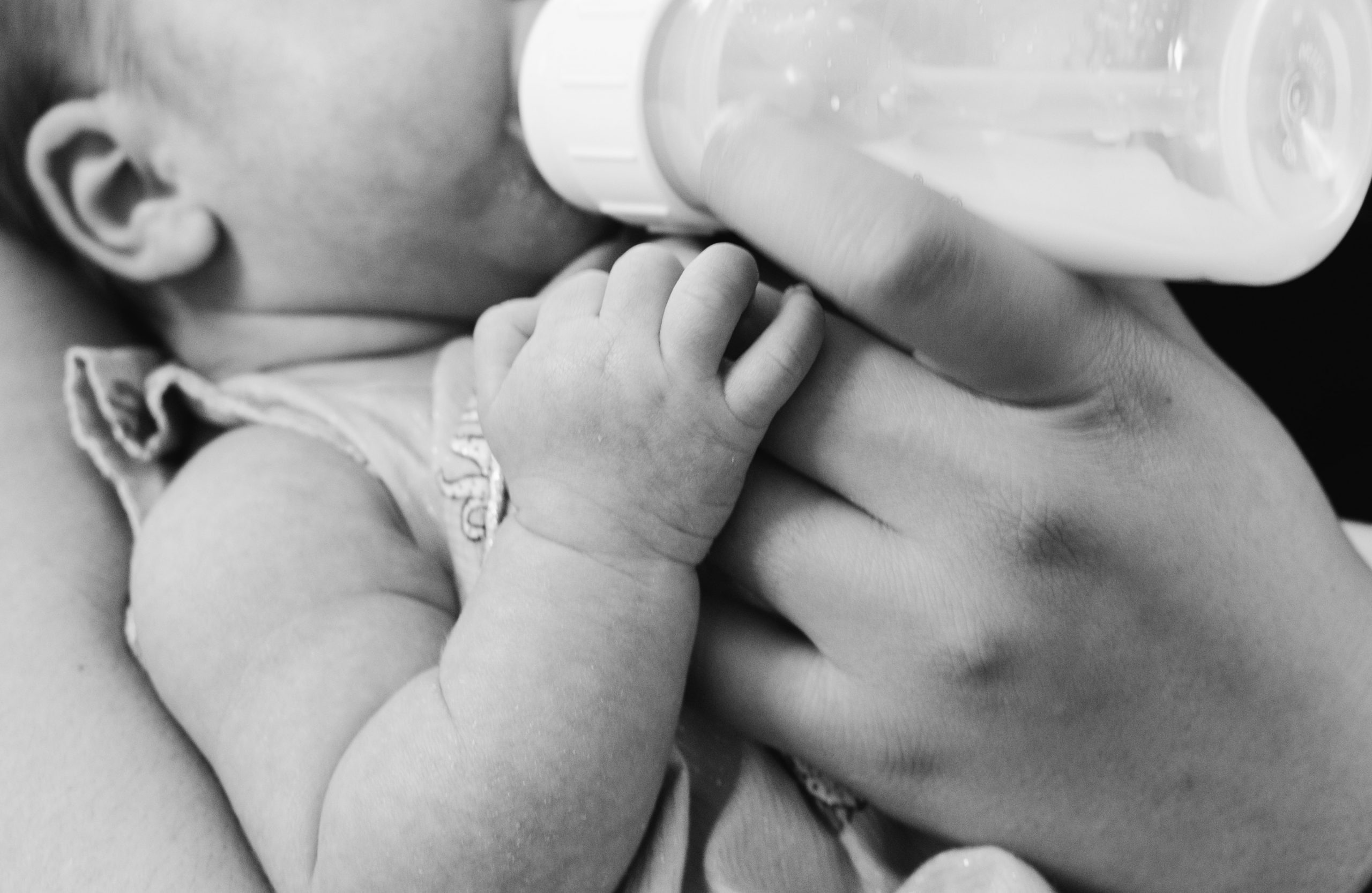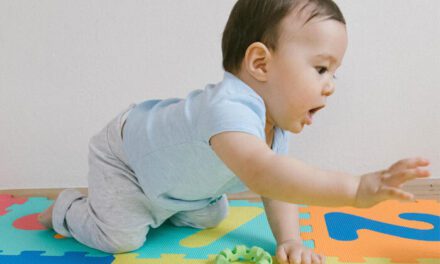Deciding what to and what not to follow in regards to newborn care can be complex. The initial several months with your newborn can be confusing and yet extremely overwhelming for first-time parents. Expect various kinds of advice from everyone about newborn baby care. Caring for a newborn is pretty exhausting and may come across as super challenging, but we bet it is also one of the most amazing and worthwhile experiences of your life. Read on for all you need to know about caring for your newborn baby.
How Do You Take Care Of A Newborn Baby?
Taking care of a newborn can surely be a tedious task for a first-time mommy. Here are a few newborn care basics that are going to help you:

Feeding
Remember, it is extremely important to feed your newborn on time. You would have to feed them every 2-4 hours which means you’d have to nurse them 8-12 times in 24 hours. Moreover, you should make sure to only breastfeed your baby for the first 6 months. Breast milk contains all the vital nutrients and antibodies required for your newborn’s growth and development.

Burping
While the babies are having their feed, they tend to swallow air which causes gas in their tummies. Burping helps to get rid of this gas by expelling excess air, aiding in digestion and preventing spit-ups. Try to gently hold your baby against your chest with one hand. Their chin should be resting on your shoulder and now start patting or stroking gently on their back with your other hand until they burp.
Know How To Hold Your Newborn
Ensure that while holding your newborn, you are supporting the back of their neck as the neck muscles are still developing and are not strong enough to hold the weight of the head altogether. All the more, the backbone is still developing and becoming stronger day by day. For the neck to be able to support the head on its own, it would take around 3-4 months of age. Until then, pay attention to holding your newborn baby’s neck whenever you pick them up.
Diapering
Changing diapers frequently is a crucial part when taking care of a newborn baby after delivery. If your baby is being provided with sufficient breast milk, they will wet at least 6 to 8 diapers in a day, along with regular poo-poos. Change their diaper frequently, as soon as you feel it’s full. You might have to change it at least 10 times a day too.
To change a dirty diaper, you will need a changing sheet, gentle diaper wipes, diaper rash cream or baby powder, and fresh diapers. These are just some newborn essentials. Wipe them from front to back to prevent the risk of urinary tract infection. You can also choose between one-time-use diapers and cloth diapers.
Massage Them
Bond with your baby by massaging them. It helps in soothing them and eventually to sleep and in improving blood circulation and even digestion. Spread a small quantity of baby oil or moisturizer on your hands. After this, gently stroke their body. Maintain eye contact, smile, laugh, and talk to them when massaging their body. A good time to massage your baby is before they take a bath.
Sleeping
Every baby is different. Thus, it is obvious that they would have different sleeping cycles. On average, newborns need to sleep for about 16 hours a day in the first 2 months. They mostly take naps for around 2 to 4 hours and wake up if they are wet or hungry. Try to utilize this time and take a nap of your own with them or have a peaceful cup of tea!
Trimming The Nails
Your newborn baby’s nails will surely grow very fast and because of this, they may scratch their face or body with their hand movements. Remember to trim their nails by using a baby clipper. DO NOT trim the nails very deeply as it can be painful for them. Refrain from cutting the edges of the nails as this can cause painful ingrown nails.
Play Time
Make sure you keep these few things in mind when playing with your baby:
- Do not shake your baby as their internal organs are delicate enough that they can get damaged by vigorous shaking.
- Do not throw your baby up into the air even if you want to have fun with them, as this can be dangerous.
- Always wash your hands before picking up your baby, as their immune system is not fully developed, and therefore are extremely vulnerable to contracting infections.
- Don’t forget to keep your baby fastened securely in a car seat, or baby carrier if you are taking them out.
- Make your baby lie on their stomach every day for a little while. This will make the neck and back muscles stronger with each passing day. It will also improve vision.
At What Age Is A Newborn No Longer A Newborn?
As per WHO, a newborn infant, or neonate, is a child under 28 days of age. A baby is only considered a newborn for his first 2-3 months of life. Next is the infant stage, lasting till your baby turns 1 year old.
Why Is Newborn Care Important?
Each and every newborn life requires essential care as they have just entered a new and scary environment, wherein, they were first inside a safe and secure shell, a mother’s womb. This is why, to minimize the risk of infections and maximize their growth and development is extremely important to give them the right amount of everything and love, care and, warmth the most.
Conclusion
As exciting as parenthood may seem, it comes with its own challenges. After all, taking care of a newborn is not an easy task. Along with the above-mentioned tips on taking care of your newborn, you also need to be mindful of other important things. One of those is keeping a track of your child’s vaccination. You can keep digitized records of your child’s vaccination and immunization on our ImmunifyMe app.
FAQs On Newborn Care: All You Need To Know
What Are The Basics I Need For A Newborn?
Some of the basic things you need for your newborn are a crib, crib sheets, feeding bottle, etc.
What Should You Not Do With A Newborn?
Taking care of a newborn can get overwhelming and challenging at times. Here are certain things you should not do with your newborn:
- Overfeeding
- Smoking or consuming alcohol near the newborn
- Neglecting the importance of burping after feeding
- Not paying attention to your newborn’s hunger and sleep cues
- Not breastfeeding properly
Which Is Most Important In The Immediate Care Of The Newborn?
One of the most important things in the immediate care of a newborn is skin-to-skin contact with the mother. Along with that parents should also make sure that the newborn is breastfed properly. Don’t forget to dry your baby with a warm cloth after a bath.






